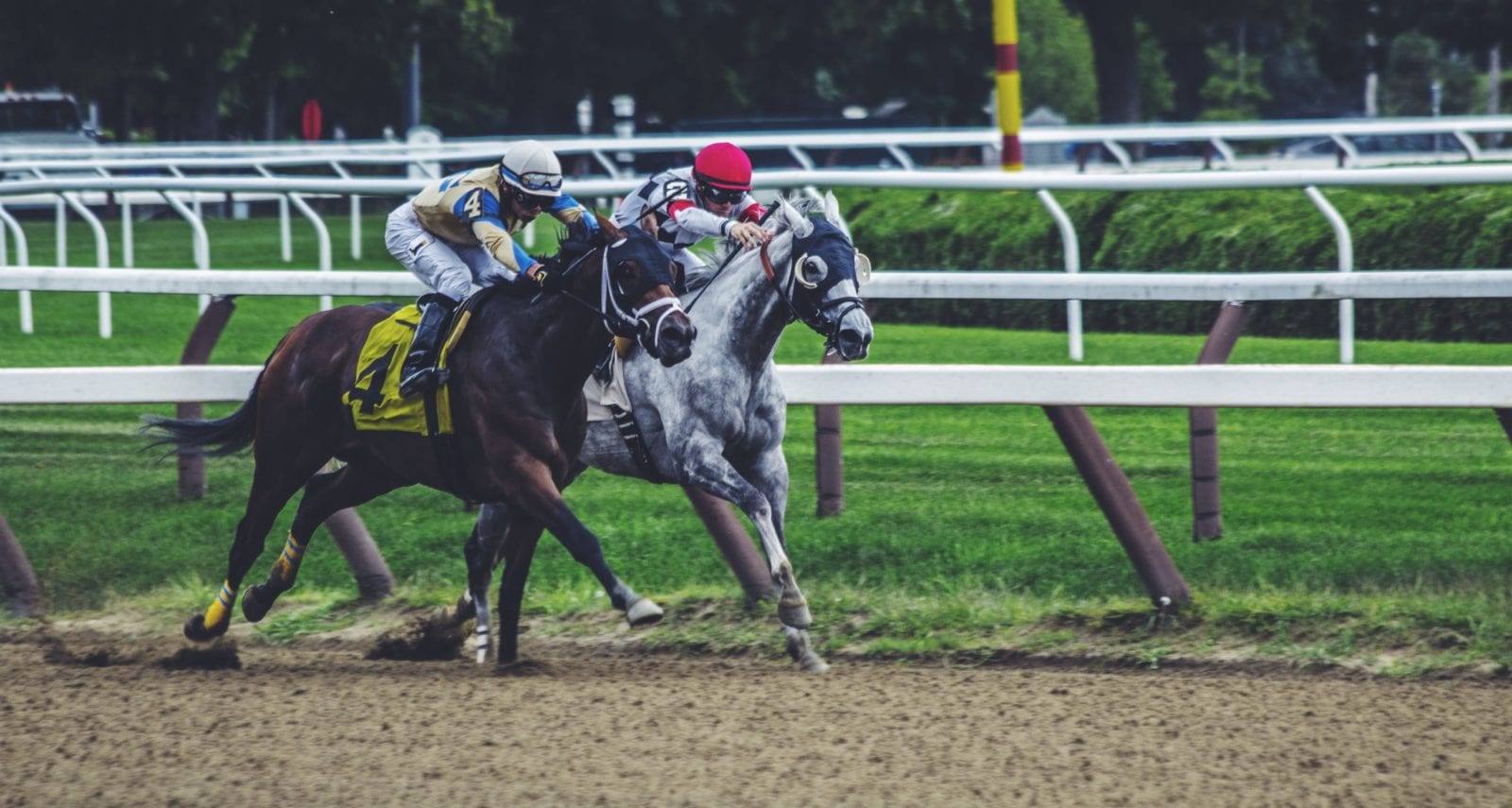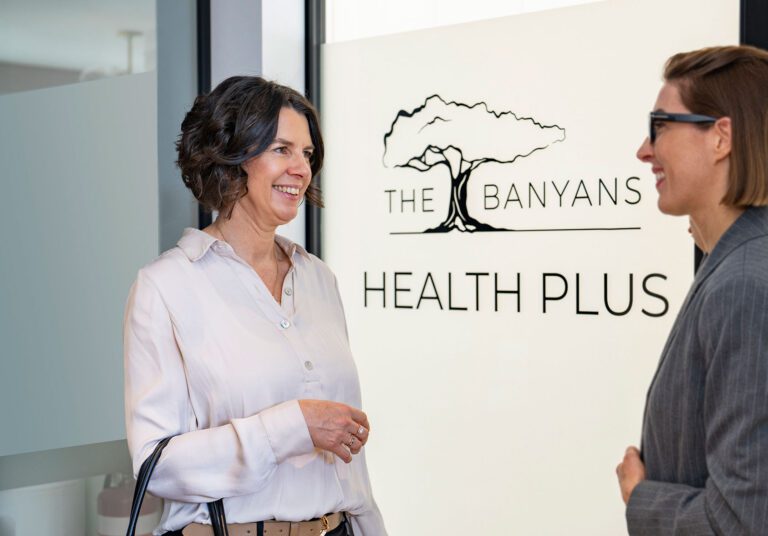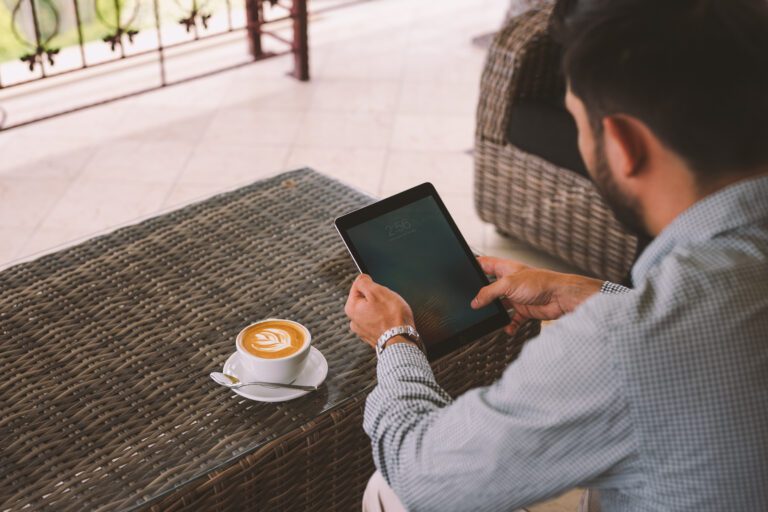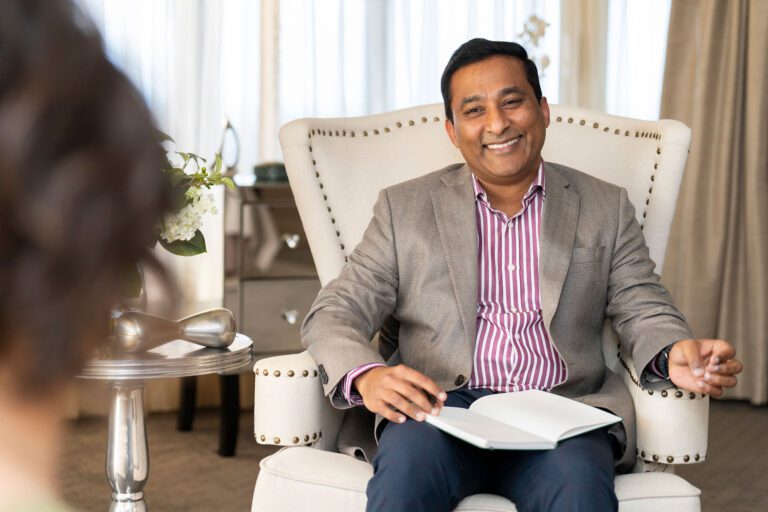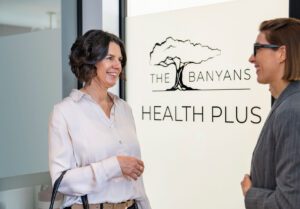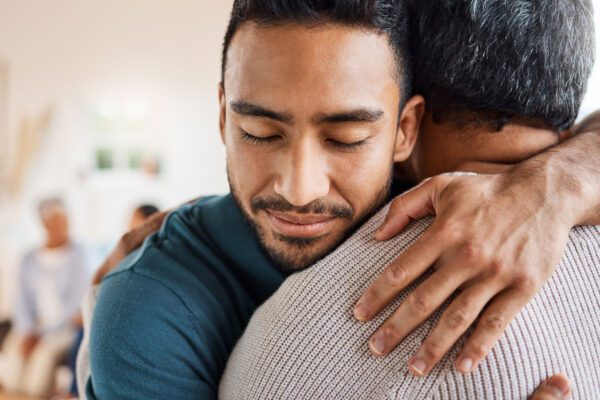
In November every year, Australia is transfixed on a horse race in Melbourne. While it might not stop the nation, it certainly stops the city, with a public holiday for Melbourne Cup.
Traditionally, office sweeps take place in many workplaces. In 2019, an estimated $160 million was spent betting on Melbourne Cup Day through just Tabcorp alone.
Over 80% of Australian adults engage in gambling of some kind, which is the highest rate of gambling in the world. During COVID-19, gambling habits have surged even higher, with internet gambling increasing 20% in April alone.
With all these statistics, the question then becomes, how do you know if you are a social gambler, with your gambling playing a small part of an overall enjoyable day, or if you have a gambling problem? What’s the difference between a harmless flutter on the horses and a compulsive activity that eats away at families and individuals?
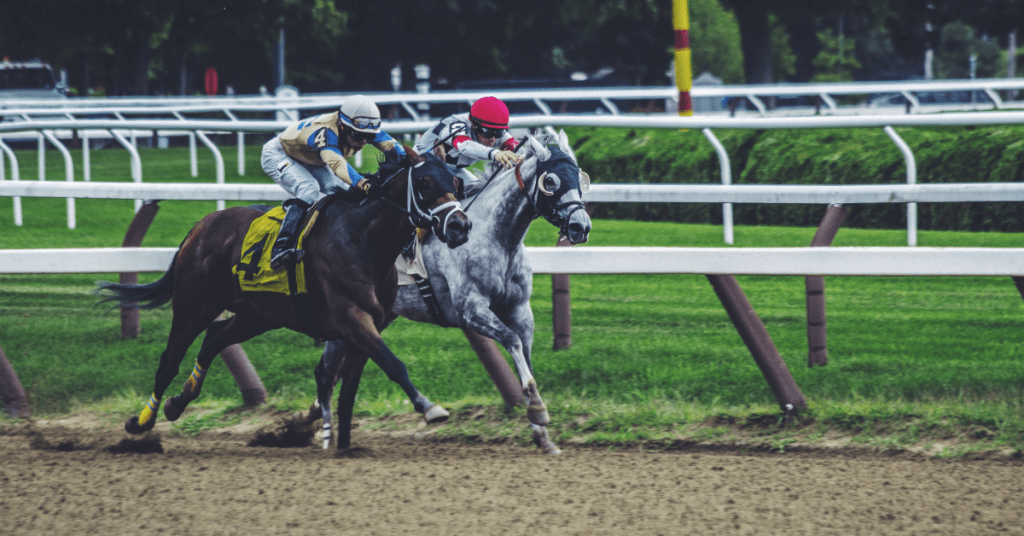
Compulsive gambling, like many other addictive behaviours, can have a myriad of contributing factors and many are likely to be underlying. For instance, contributing factors can be undiagnosed high functioning depression or unresolved grief, and suppressed cellular activity that drive risk-taking behaviour. That’s why trying to solve gambling addiction by focusing on symptoms alone is rarely helpful and treatment should instead try to identify the various causes that are contributing to complex behavioural experiences. Advanced analysis is important, as well as advanced therapeutic treatments such as those employed as part of the Wellness and Recovery programs at The Banyans.
How can you identify whether you are a social gambler or have a gambling problem or addiction?
If some or all of the following signs are present in relation to your gambling, it’s important that you take positive steps to address your behaviour, and to identify underlying drivers that cause this.
- Arguments with friends or family about how much you are gambling
- Neglecting work, family or other commitments to spend time gambling
- Borrowing money or using multiple credit cards to fund your gambling
- Always thinking about gambling, to the detriment of your responsibilities
- Trying to chase losses or turning to gambling to solve financial problems
- Constant or growing regret at your gambling activities but feeling like you are unable to change
- Lying about how much or how often you are gambling
- Hiding your gambling from people who care about you
- Feeling depressed, anxious, irritable or unable to sleep
- Betting higher and higher amounts of money in order to chase the feeling of excitement
Related: Is recreational gambling becoming a problem?
Compulsive gambling is an addictive behaviour that often has deep roots in emotional avoidance or pain. A multidisciplinary approach to recovery is necessary for long-lasting freedom from gambling and other addictive patterns. With appropriate and specific interventions incorporating medical support and psychological and emotional therapies, gambling addiction can be overcome.
If you or a loved one identify these indicators, don’t delay in reaching out for support. For more information about our programs, call us on 1300 BANYAN (1300 226 926) or complete an online form for a confidential discussion about how you or someone you care about can benefit from The Banyans.


